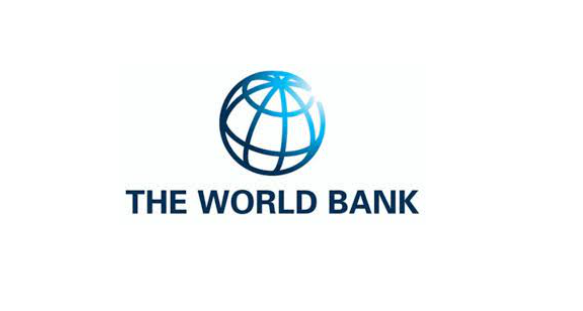Taxation is essential to any country’s economy. It contributes significantly to a country’s economic growth by funding important public services, infrastructure development, and social welfare programs. In Kenya, the...
Taxation is an important part of a country’s economic structure since it serves as a source of government revenue as well as a tool for resolving social and economic...
Governments at all levels are continuously aiming to achieve economic progress. It entails fostering an atmosphere in which enterprises can flourish, employment is generated, and citizens’ general standards of...
Individual and corporate taxes are an unavoidable aspect of our financial lives. Understanding the complexities of taxation and implementing smart tax planning methods, on the other hand, can have...
The interplay between corporate leverage and taxes is critical in defining the business landscape in Kenya’s dynamic economy. Corporate leverage, which is frequently connected with debt, can have a...
Property taxes are critical components of any country’s financial environment, and Kenya is no exception. Property tax systems that are effective are critical for producing revenue, supporting economic stability,...
Interdependence is a key idea in economics and sociology that investigates the intricate ways in which individuals, businesses, and governments rely on one another. The influence of taxes on...
Taxation is an essential component of any businesses and individual’s financial life. Business owners frequently find themselves navigating two tax systems: one for their company and another for their...
The interaction of culture and taxation is a fascinating area of economics and government that deserves deeper research. Kenya, being a diverse and culturally rich country, is an excellent...
Debt policy and interest rates are two critical components of a country’s financial environment that have a considerable impact on economic development, stability, and fiscal sustainability. These issues are...










